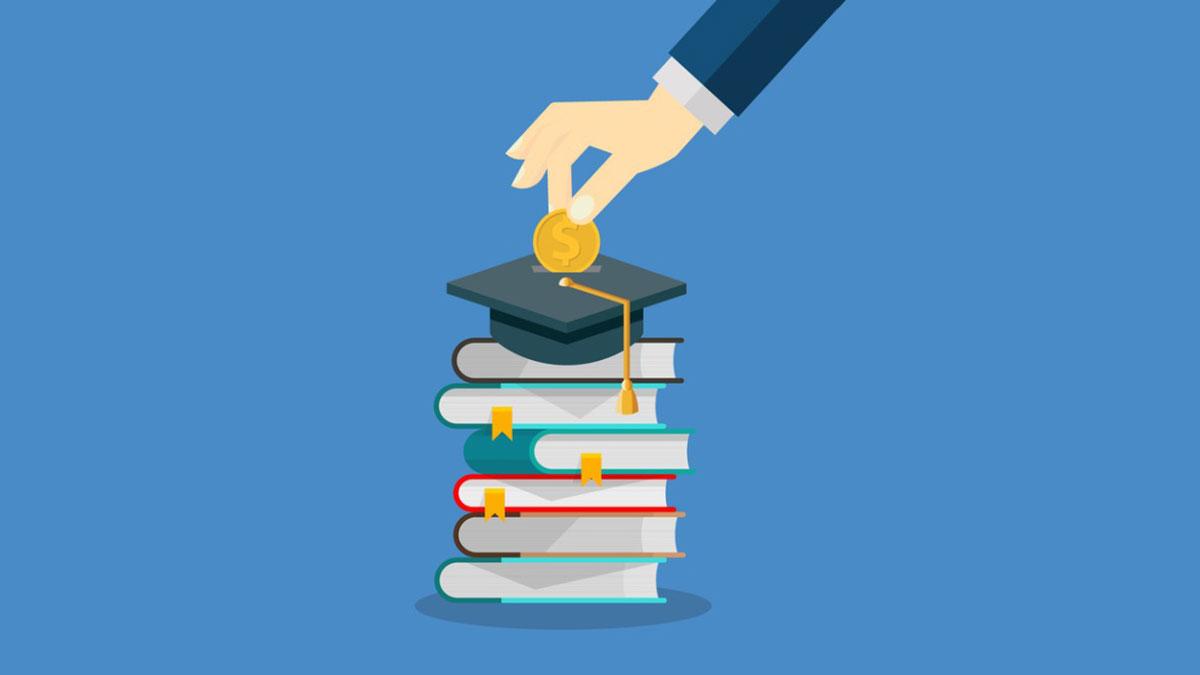What Happens If You Miss a Student Loan Payment?
Missing a student loan payment can be a stressful experience, especially when your juggling academic responsibilities and financial obligations. But what are the actual consequences? This comprehensive guide explores what happens if you miss a payment, the potential repercussions, and what you can do to mitigate the fallout.
Understanding Student Loan Payments
Before diving into the consequences, it’s essential to understand what student loan payments entail:
- Due Dates: Most student loans require monthly payments that are due on a specific date.
- Grace Periods: Some loans come with a grace period, allowing borrowers to delay payments for a certain time after graduation.
- Types of Loans: Federal loans (like Direct Subsidized Loans and Direct Unsubsidized Loans) have different rules compared to private loans.
What Happens When You Miss a Payment?
1. Late Fees
One of the first repercussions of missing a payment is incurring late fees. These fees vary by lender but can add up quickly, making it even more challenging to catch up on payments.
2. Impact on Your Credit Score
Missing a student loan payment can significantly affect your credit score. Hear’s how:
- 30 Days Late: If your payment is more than 30 days late, it’s reported to credit bureaus, which can drop your score.
- 60-90 Days Late: The impact worsens as you reach 60 and 90 days late.
- Serious delinquency: If you’re continually late for more than 90 days, your loan may go into default.
3. Loan default
If you miss payments for an extended period (typically 270 days for federal loans), your loan may go into default. Consequences include:
- Loss of eligibility for deferment or forbearance options
- Increased interest rates and collection fees
- Possibility of wage garnishment or seizure of tax refunds
Benefits of Timely Payments
Maintaining timely payments have various benefits, such as:
- Building Your Credit: Responsible repayment elevates your credit score, making it easier to secure future loans.
- Payment forgiveness: Some loans have forgiveness programs after a certain number of payments.
- Lower Interest Rates: Good credit can lead to better loan terms in the future.
What to Do If You Miss a Payment
If you’ve missed a student loan payment, here’s what you can do:
1.Contact Your Lender
reach out to your loan servicer as soon as possible. they may offer options like:
- Deferring your payment
- Setting up a repayment plan
2.Reassess Your budget
Consider reviewing your budget to find ways to allocate funds towards your loan payments. Here are some tips:
- Cutting non-essential expenses
- Finding part-time work or side gigs
3. Explore Deferment or Forbearance
If you’re facing financial hardships, you may qualify for deferment or forbearance, allowing you to temporarily pause payments without affecting your credit score.
Case Studies: Real-Life Experiences
Reading about others’ situations can frequently enough provide valuable insights. Here are two case studies:
| Case Study | Challenge | solution |
|---|---|---|
| John | Missed payment due to job loss | Contacted lender and deferred payments |
| Jessica | Two payments missed | Set up a new repayment plan |
Practical Tips to Avoid Missing Payments
- Set Up Reminders: Use calendar alerts or apps to remind you of payment dates.
- Automate payments: if possible, automate your payments to ensure they’re made on time.
- Stay Informed: Regularly check your loan status and comprehend your repayment obligations fully.
Conclusion
Missing a student loan payment can lead to various adverse consequences, but it is crucial to remember that all is not lost. By understanding the risks, staying proactive, and exploring available options, you can recover and avoid lasting impacts on your financial future. If you find yourself in trouble, reach out to your lender and investigate all available resources. After all, managing student loans is a vital part of your financial health!

